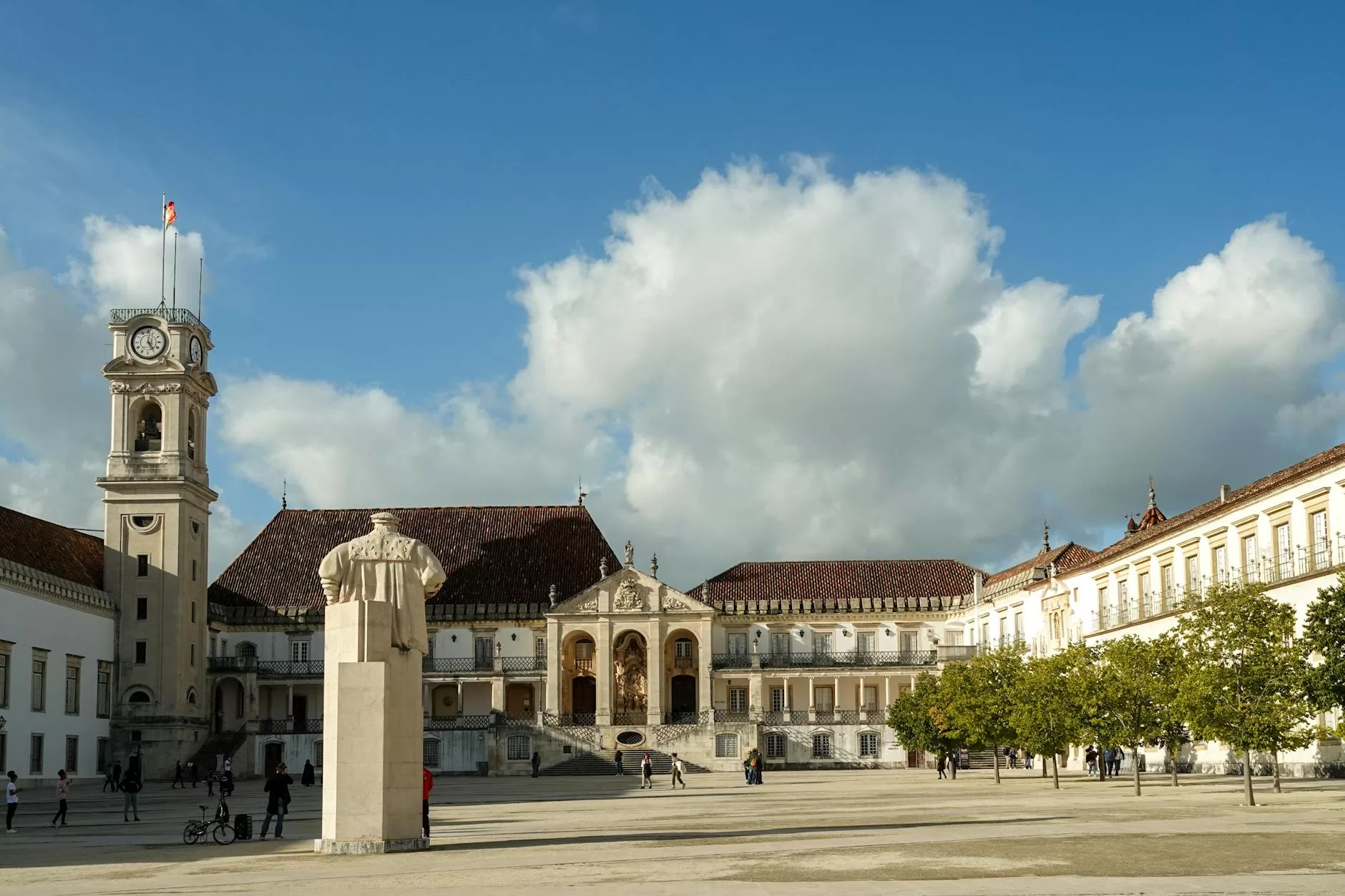Imagine yourself wandering the sun-drenched streets of Lisbon, past pastel-colored buildings adorned with intricate tiles. The scent of freshly baked Pastéis de Nata fills the air, and the rhythmic melody of Fado music spills out from a nearby cafe. You’re in Portugal, a country brimming with history, charm, and a deep connection to the sea. But beyond the tourist hotspots lies a story waiting to be discovered – the tale of a king who wasn’t just a conqueror but a visionary leader known as “O Lavrador,” the Farmer King. Today, we delve into the fascinating reign of Dom Dinis I, a man who, instead of wielding a sword, wielded a seed and, in doing so, sowed the seeds of Portugal’s Golden Age.
King Dinis I, Prioritized Progress

Dinis, who reigned from 1279 to 1325, wasn’t just concerned with military might. He recognized the importance of a solid domestic foundation for a thriving nation. Unlike many monarchs who focused solely on warfare, Dinis championed agriculture. He implemented reforms that encouraged farming techniques, irrigation systems, and the cultivation of new crops. This dedication to agriculture earned him the title “The Farmer King” and ensured food security for his growing kingdom.
Beyond the Fields: A Flourishing Culture
Dinis’ passion wasn’t limited to fields and crops. He was a dedicated patron of the arts and sciences. During his reign, Portugal witnessed a cultural renaissance. He established the University of Coimbra, a prestigious institution that attracted scholars from across Europe. Literature and architecture flourished under his patronage, with stunning Gothic cathedrals and ornate palaces gracing the Portuguese landscape.
The Fortified Kingdom
In the illustrious tapestry of Portugal’s history, King Dinis I emerges as a pivotal figure whose reign marked a period of innovation, prosperity, and strategic foresight. As a member of the House of Burgundy, Dinis inherited a noble lineage and a legacy of governance and stewardship that shaped the kingdom’s destiny.
Understanding Dinis’ Role in the House of Burgundy
While Dinis may not have been a warmonger in the traditional sense, his tenure as king underscored his profound understanding of the importance of defense in safeguarding Portugal’s sovereignty and territorial integrity. Drawing upon the Burgundian ethos of prudence and resilience, Dinis embarked on a visionary quest to fortify the kingdom’s borders and protect its people from external threats.
Commissioning the construction of numerous castles and fortified towns, Dinis strategically positioned these bastions of defense along Portugal’s frontiers. These formidable strongholds were bulwarks against incursions and fostered economic growth and stability by facilitating commerce and trade.
Dinis’ strategic understanding was evident in carefully selecting locations for these fortifications. Situated at critical points along the kingdom’s borders, these castles and towns formed a network of defensive barriers, deterring would-be invaders and ensuring the security of Portugal’s territories.
A Legacy of Innovation

Dinis wasn’t content with simply nurturing the land; he understood the importance of cultivating a nation. He reformed the legal system, creating a framework for a more just and stable society. He recognized the need for a unified economy and established a national currency, the “cruzado,” facilitating trade and commerce. Perhaps most importantly, Dinis recognized the potential of the sea. He actively encouraged maritime exploration, a pursuit that would eventually propel Portugal to the forefront of global discovery. His reign saw the creation of the Portuguese navy, a powerful tool that would pave the way for future voyages of discovery.
Dinis’ reign wasn’t just about immediate prosperity and laying the groundwork for a brighter future. By fostering innovation in agriculture, education, law, finance, and maritime exploration, he planted the seeds that would blossom into Portugal’s Golden Age.
A Visionary Ruler
Dinis I’s legacy is one of remarkable foresight. He understood that true power lay not only in military might but also in a thriving economy, a cultured society, and a secure nation. By prioritizing agriculture, education, infrastructure, and exploration, Dinis laid the groundwork for the era of Portuguese discovery and global dominance. Portugal’s Golden Age might not have been as golden without his vision and dedication.
Dinis I’s Final Resting Place
King Dinis I’s remarkable reign may have ended in 1325, but his memory lives on not only in the cultural and economic landscape he shaped but also in his final resting place. Ever the visionary, Dinis chose a unique location for his eternal slumber – the Mosteiro de São Dinis de Odivelas (Monastery of Saint Denis of Odivelas).
This magnificent structure, located just outside Lisbon, wasn’t just any monastery. It was Founded by Dinis in the 14th century and served as a testament to his holiness and a lasting symbol of his commitment to the Cistercian order. Stepping inside the monastery is like stepping back in time. The Gothic architecture, with its soaring ceilings and intricate stained glass windows, creates an atmosphere of serenity and reverence.
Where to find his Tomb
Dinis’ tomb can be found within the monastery walls, a fitting resting place for the king who left such an indelible mark on Portugal. While the exact location may not be as grand as some royal mausoleums, it reflects Dinis’ character – humble yet impactful. Visiting his tomb allows you to connect with the man and appreciate his lasting impact on the nation he so lovingly nurtured.
So, if you are captivated by the story of Dinis I, the Farmer King, consider visiting the Mosteiro de São Dinis de Odivelas to your Portuguese itinerary. It’s a chance to pay your respects and experience a beautiful piece of history, forever linked to the visionary who sowed the seeds of Portugal’s Golden Age.
Atypical Last Thoughts

Today, visitors to Portugal can still witness the lasting impact of Dinis’ reign. Reminders of his legacy are scattered throughout the country, from the majestic walls of his fortified towns to the halls of the University of Coimbra. So, next time you find yourself in Portugal, take a moment to appreciate the visionary “Farmer King” who planted the seeds of the nation’s golden age.
Dom Dinis’ legacy isn’t confined to dusty history books. It’s woven into the very fabric of Portugal. Next time you savor a succulent Portuguese meal, remember the agricultural reforms he championed. As you wander through the halls of the University of Coimbra, feel the weight of his dedication to education. And if you find yourself standing on the ramparts of a formidable Portuguese castle, picture the strategic mind of “O Lavrador,” who prioritized national security. Dinis I may not be a physical presence, but his spirit lingers in every cobbled street, every vibrant azulejo tile, and every wave that crashes against the Portuguese shore. So, when you explore Portugal, keep your eyes peeled. You might glimpse the Farmer King’s vision, forever shaping a nation he passionately nurtured.
Are you an avid traveler seeking inspiration for your next adventure? Look no further than the Atypical Vagabonds newsletter. By subscribing to our newsletter, you gain access to a treasure trove of travel tips, destination guides, and captivating stories from around the globe. Our expertise in exploring off-the-beaten-path destinations. We offer a refreshing perspective on travel, encouraging you to embrace the unconventional and discover unique experiences. Join the community today and let our wanderlust-inducing content inspire you. Therefore, you can embark on extraordinary journeys. Subscribe to receive their latest updates directly in your inbox and never miss a travel adventure again.




[…] in 1290 in Lisbon.Father: King Denis I of Portugal. Mother: Queen Isabella of Aragon.Married in 1309 Princess BEATRICE of Castile (1293 Toro,+1359 […]